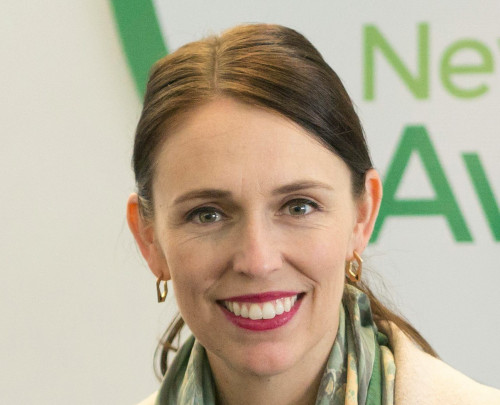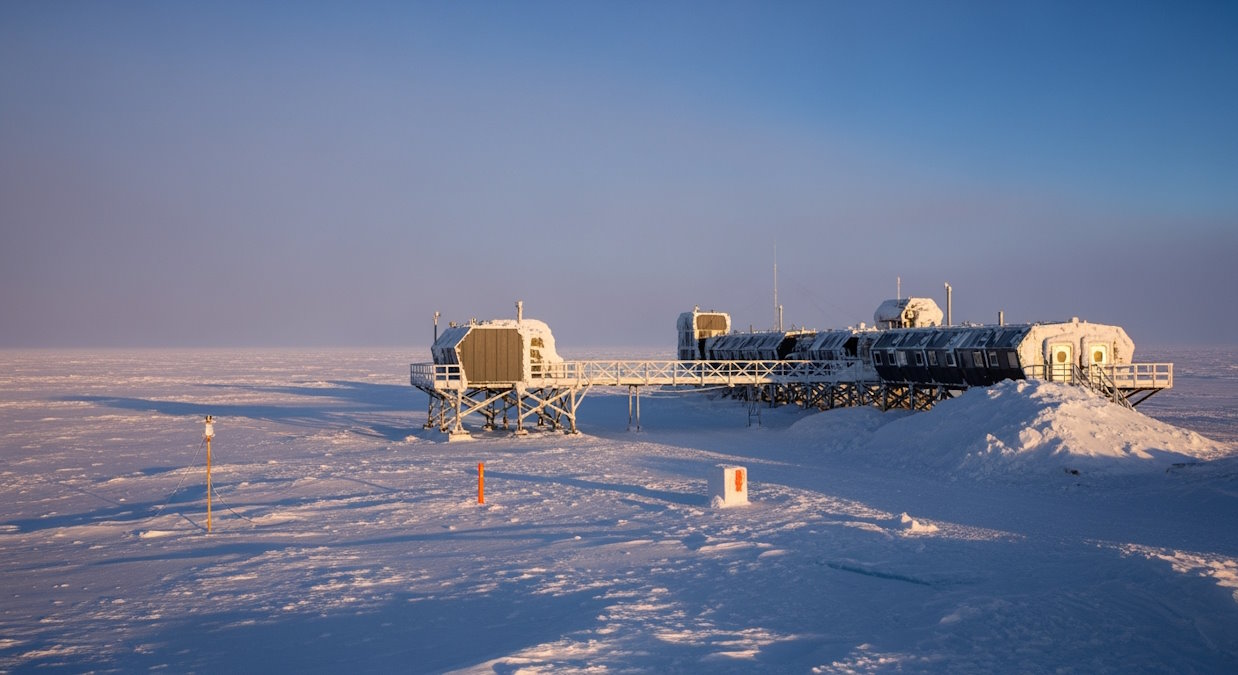
By Eric Worrall | Sept. 30, 2022
First Published on JoNova; “… How do you tackle climate change if people do not believe it exists? …”. Apparently if you are a climate skeptic you are somehow similar to a terrorist radical who promotes mass murder, and part of an effort to “… cause chaos and reduce the ability of others to defend themselves …”.
…
The lessons of COVID are in many ways the same as the lessons of climate change.
When crisis is upon us, we cannot and will not solve these issues on our own.
The next pandemic will not be prevented by one country’s efforts but by all of ours. Climate action will only ever be as successful as the least committed country, as they pull down the ambition of the collective.
I am not suggesting though that we rely on the goodwill of others to make progress.
We need a dual strategy. One where we push for collective effort but we also use our multilateral tools to make progress.
That’s why on pandemic preparedness we support efforts to develop a new global health legal instrument, strengthened international health regulations and a strong and empowered World Health Organization.
…
On March 15, 2019, New Zealand experienced a horrific terrorist attack on its Muslim community.
More than 50 people were killed as they prayed. The attack was live-streamed on a popular social media platform in an effort to gain notoriety, and to spread hate.
At that time, the ability to thwart those goals was limited. And the chances of Government alone being able to resolve this gap was equally challenging.
That’s why, alongside President Emmanuel Macron, we created the Christchurch Call to Action.
The Call community has worked together to address terrorism and violent extremist content online. As this important work progresses, we have demonstrated the impact we can have by working together collaboratively.
…
This week we launched an initiative alongside companies and non-profits to help improve research and understanding of how a person’s online experiences are curated by automated processes. This will also be important in understanding more about mis and disinformation online. A challenge that we must as leaders address.
…
As leaders, we are rightly concerned that even those most light-touch approaches to disinformation could be misinterpreted as being hostile to the values of free speech we value so highly.
But while I cannot tell you today what the answer is to this challenge, I can say with complete certainty that we cannot ignore it. To do so poses an equal threat to the norms we all value.
After all, how do you successfully end a war if people are led to believe the reason for its existence is not only legal but noble? How do you tackle climate change if people do not believe it exists? How do you ensure the human rights of others are upheld, when they are subjected to hateful and dangerous rhetoric and ideology?
The weapons may be different but the goals of those who perpetuate them are often the same. To cause chaos and reduce the ability of others to defend themselves. To disband communities. To collapse the collective strength of countries who work together.
But we have an opportunity here to ensure that these particular weapons of war do not become an established part of warfare.
Video of Prime Minister Ardern’s speech;
Ardern claims she wants to help people defend themselves, but she has done very little to prevent another massacre like the Christchurch Muslim massacre of 2019, which New Zealand Prime Minister Ardern cites as her justification for her proposed crackdown on free speech and climate skepticism.
Ardern, who was elected Prime Minister in 2017, two years before the massacre, has maintained and strengthened New Zealand’s strict gun laws, laws which left the law abiding victims of the 2019 massacre disarmed and helpless to defend themselves against an armed madman. It took New Zealand police 18 minutes from the first emergency call to locate and apprehend the murderer, as he was driving to his third mosque.



